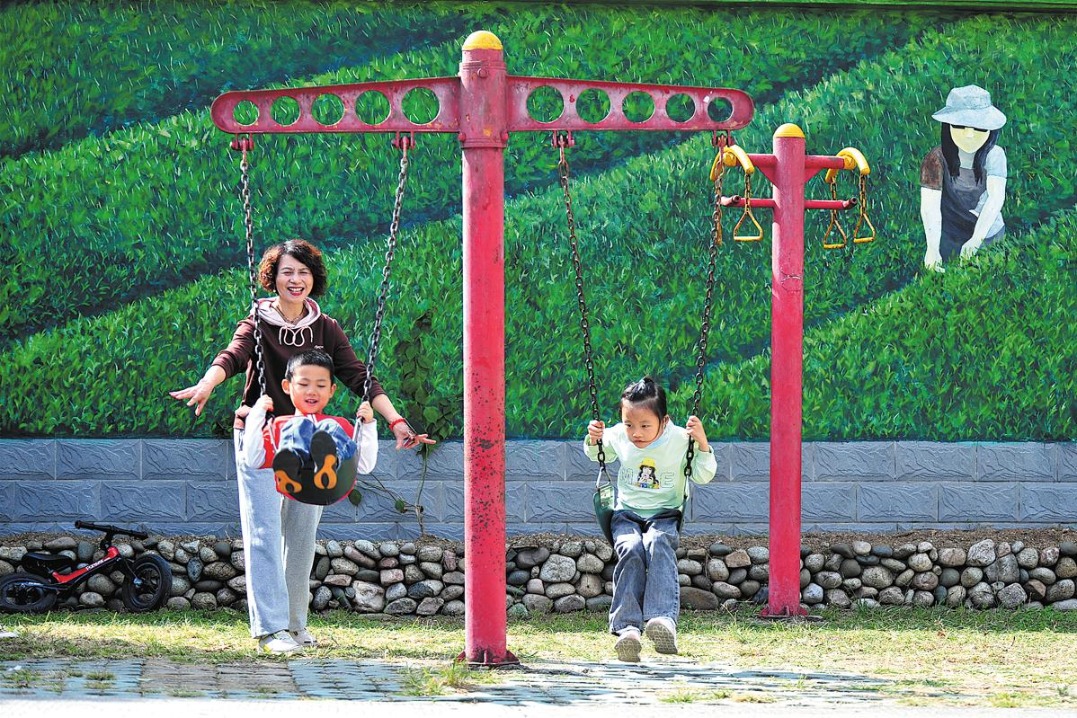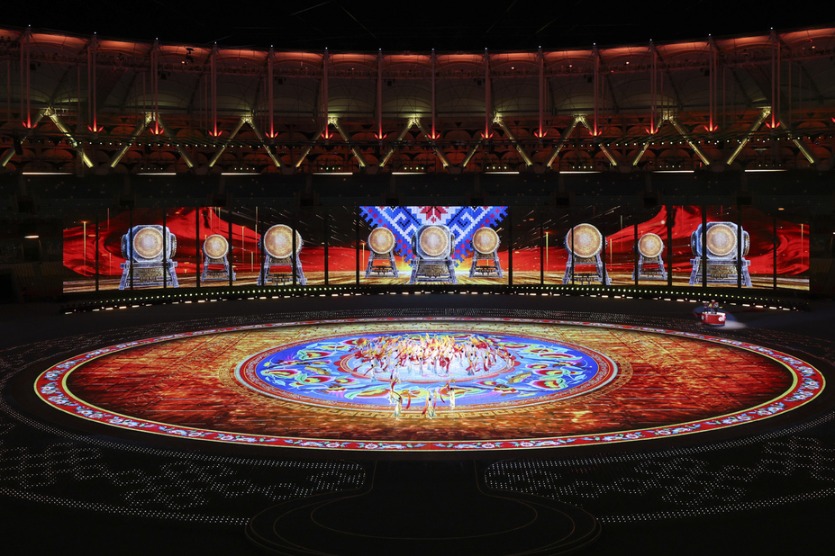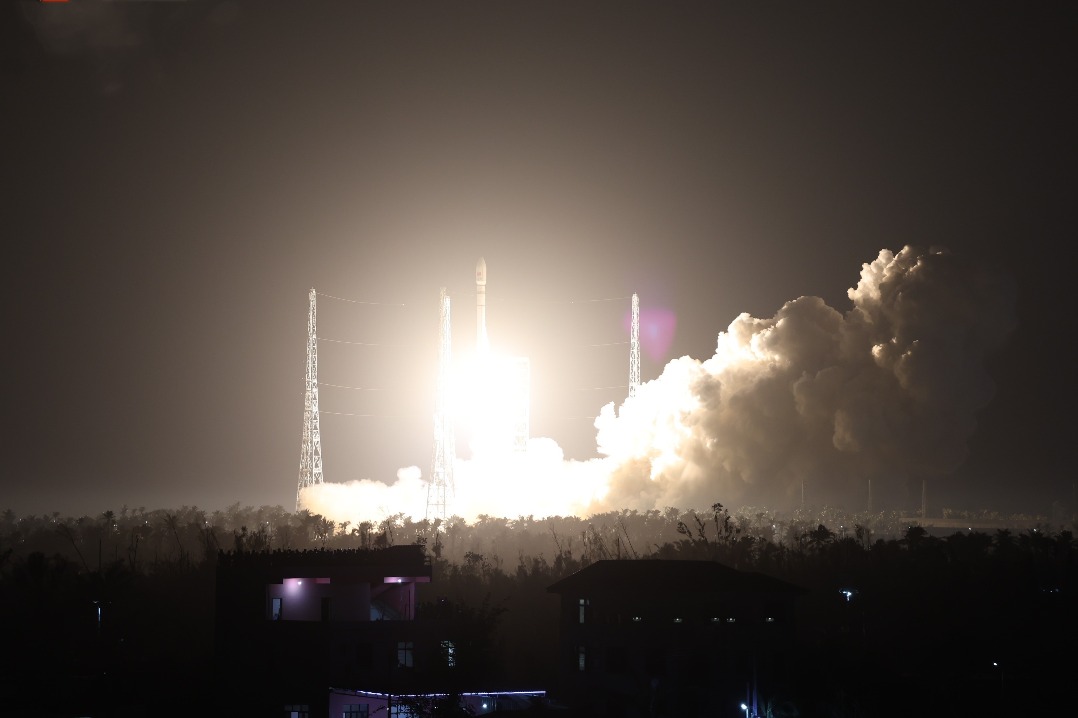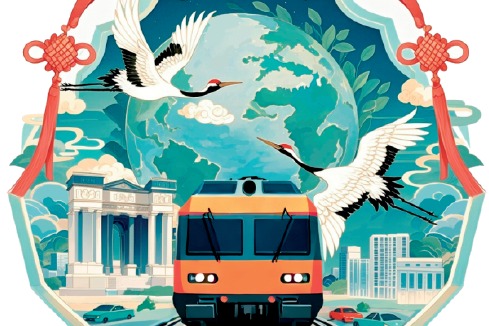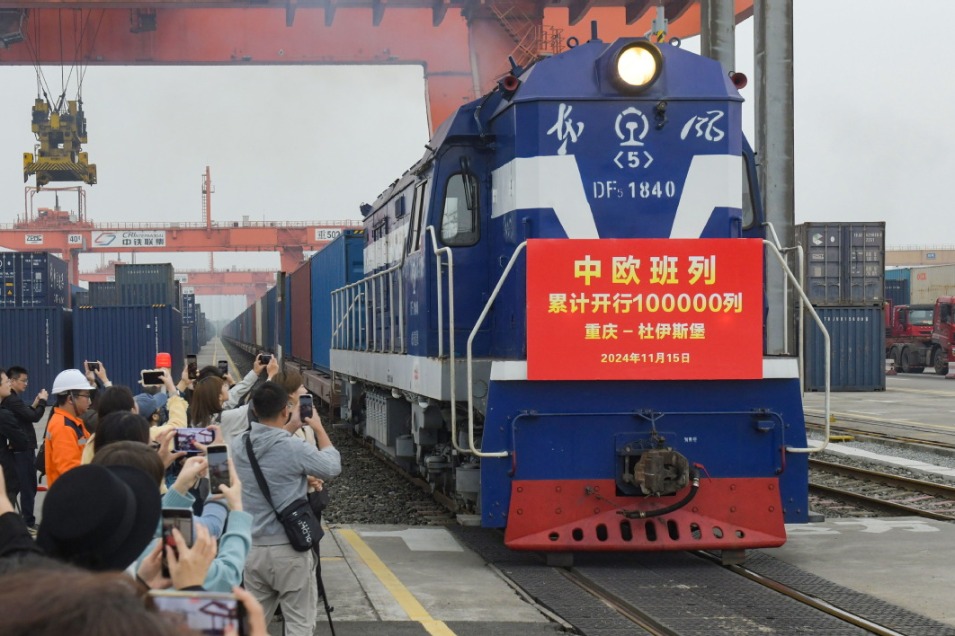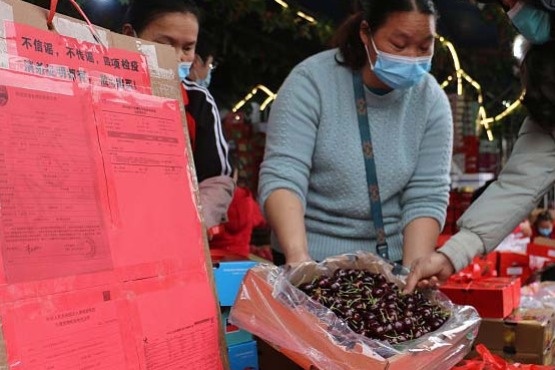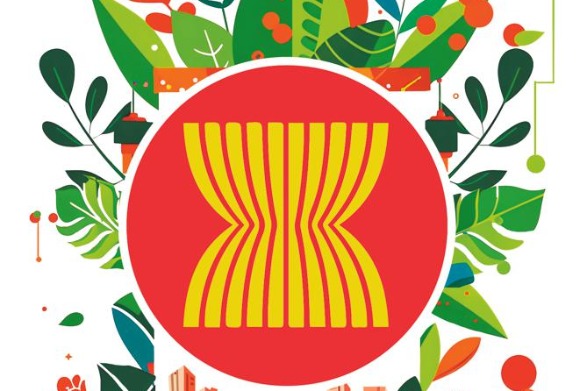Public must beware falling into trap set by BBC

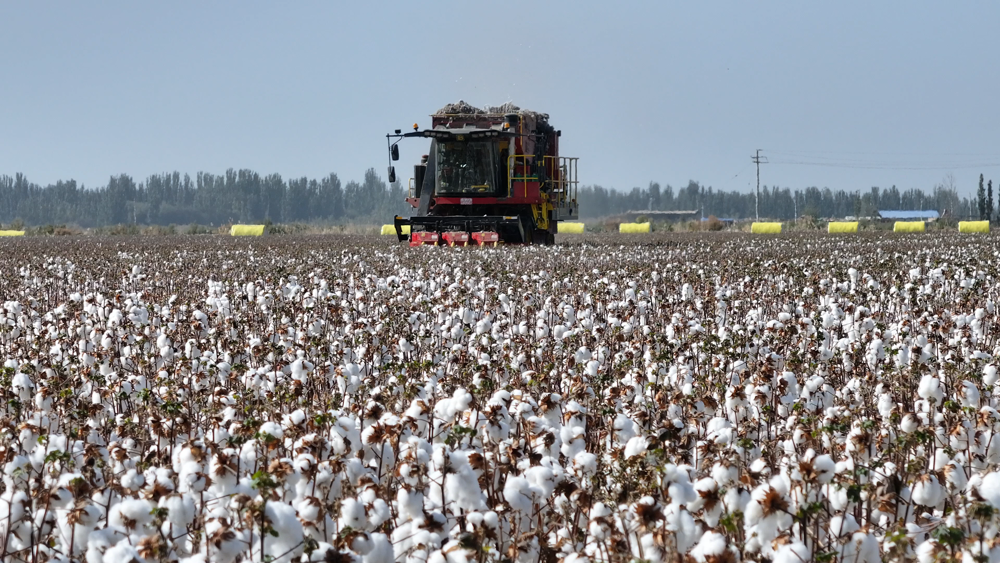
Uniqlo founder Tadashi Yanai said in a recent interview with the BBC that Uniqlo does not use cotton from China's Xinjiang Uygur autonomous region. In response, a spokesperson for the Chinese Ministry of Foreign Affairs expressed the hope that relevant companies would resist political pressure and undue interference, and make independent business decisions that align with their own interests.
The BBC, which is known for its anti-China stance, no doubt hoped to stir up trouble with its interview and other Western media outlets have obliged by hyping up this matter, suggesting that Yanai's remarks could expose Uniqlo to the risk of being boycotted by Chinese consumers, and claiming that Tokyo will align with the West on this issue.
In fact, not long ago, Yanai criticized the push for "decoupling" from China by Japanese clothing companies as impractical and had previously declined to comment on whether Uniqlo uses Xinjiang cotton. This time the question was laid as a trap and he has fallen into it.
Japan and some Western countries are commercial competitors, not allies, particularly in industries such as apparel, where there are clear conflicts of interest. If Japan blindly echoes baseless rhetoric from Western politicians under the guise of "political correctness", it risks not only harming its actual interests but also losing the autonomy of its commercial decision-making.
One fundamental fact is that the number of Uniqlo stores in China has long surpassed those in Japan, which highlights how the company has benefited from the dividends of China's rapid development.
The malicious questions posed by certain Western media serve as a reminder that the media landscape is complex, and some Western media are unethical.
Similar incidents have occurred before, emphasizing the need for rationality in addressing these issues and seeing through the deceptive narratives of Western politicians and media.
As mature and rational citizens, Chinese consumers should not be provoked into knee-jerk reactions by the manipulations of some Western media outlets. Today's China is more confident than ever, viewing the world in an equal manner and engaging with world affairs with greater poise. Such tricks should be dismissed with disdain.
















